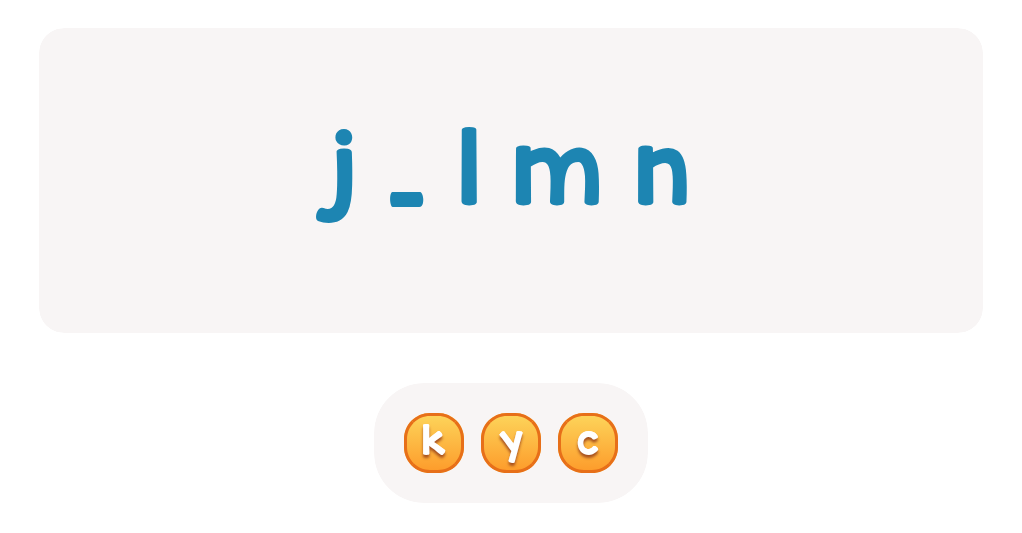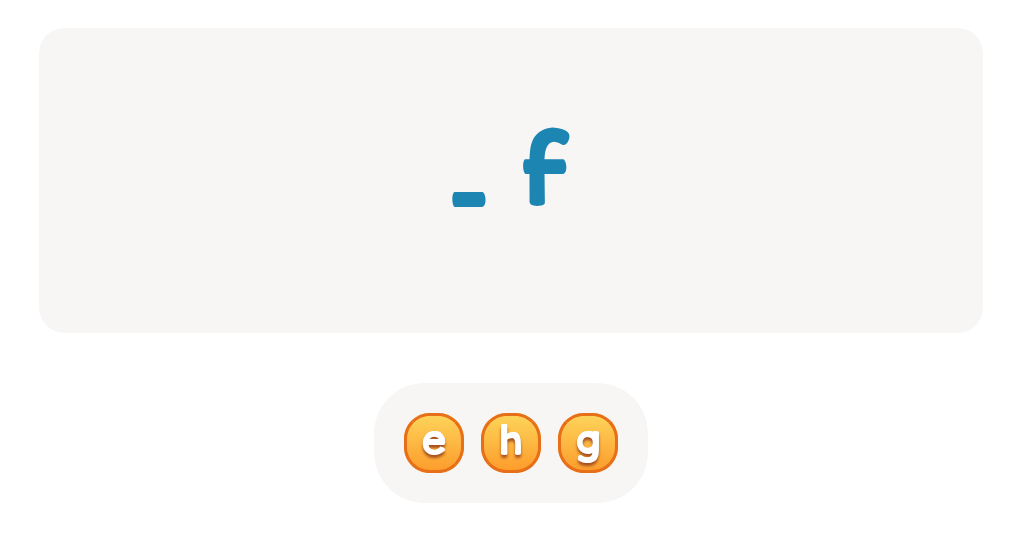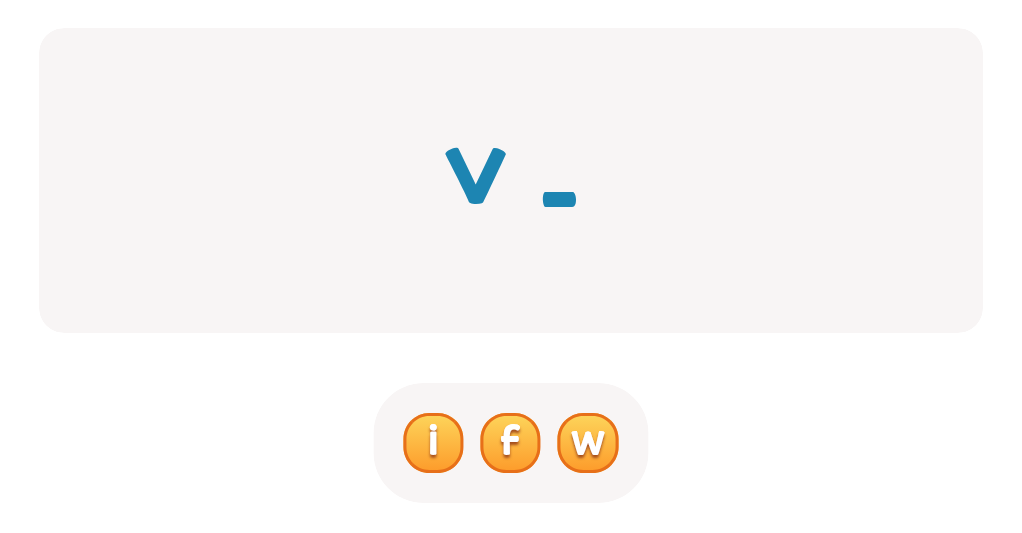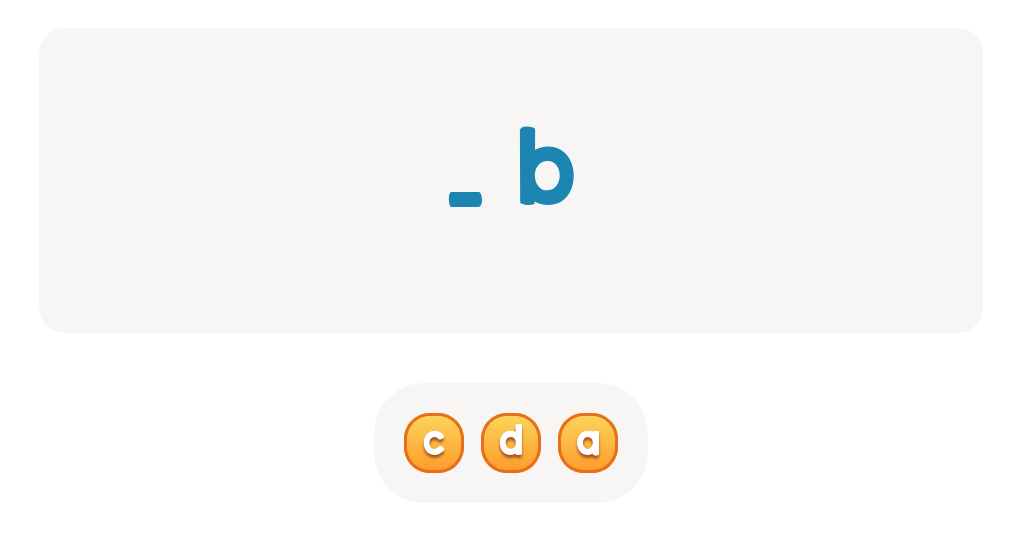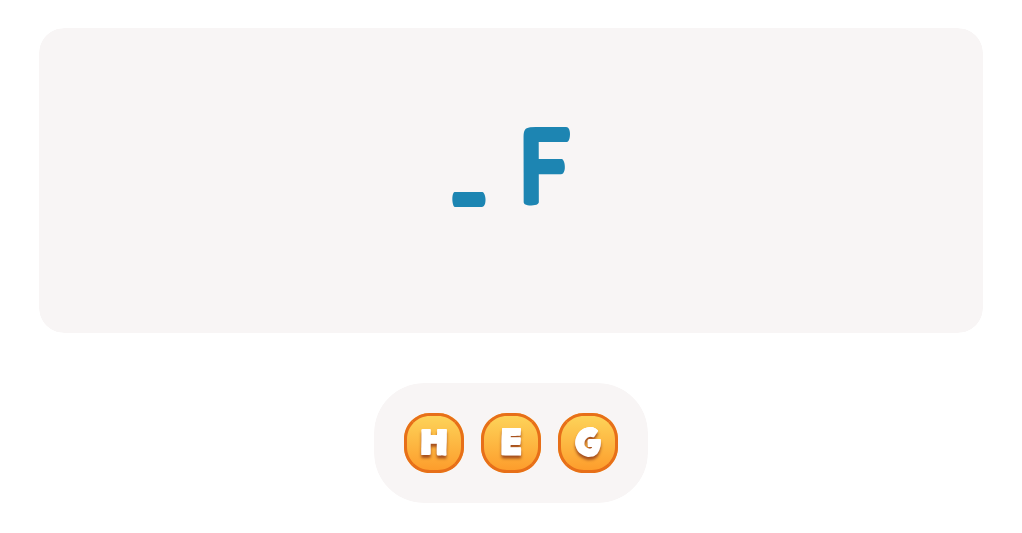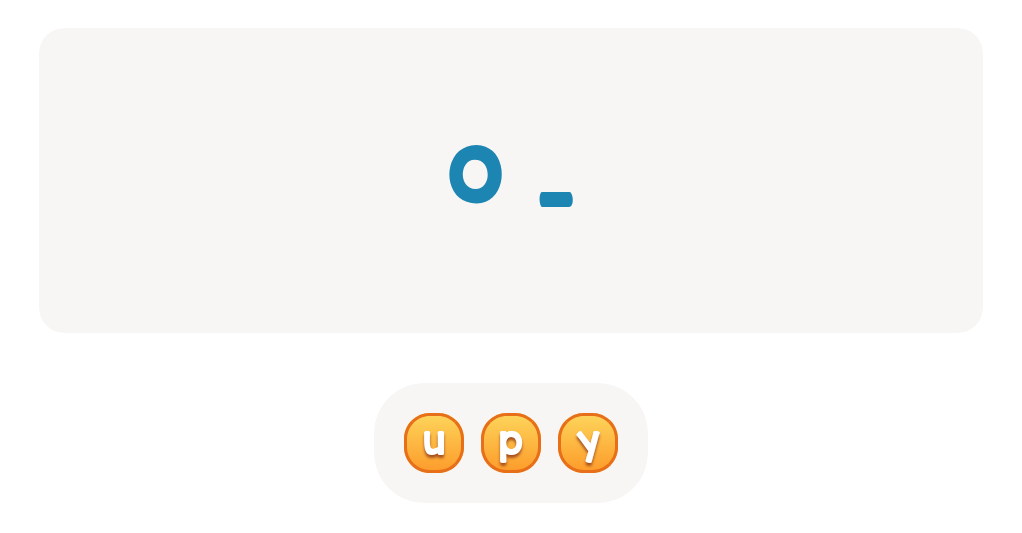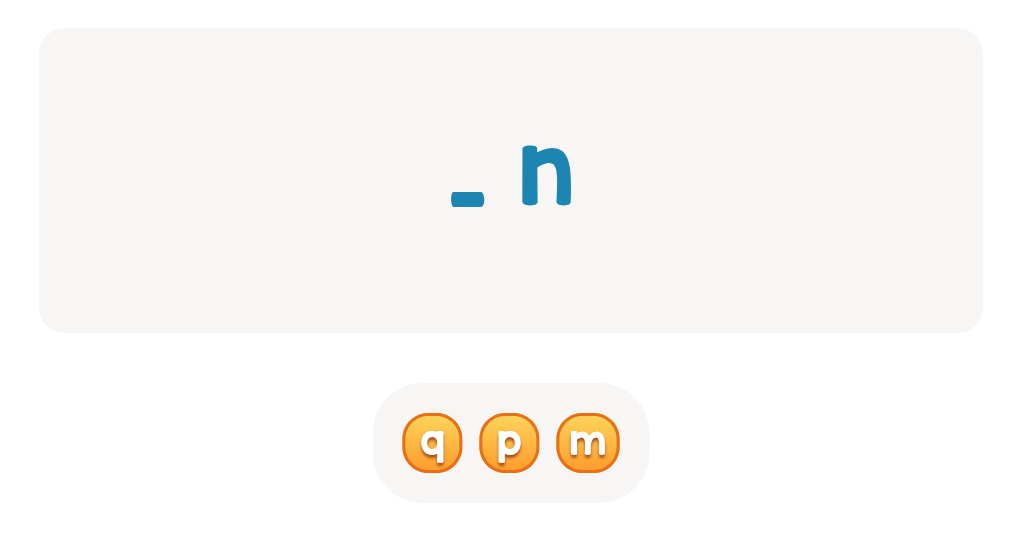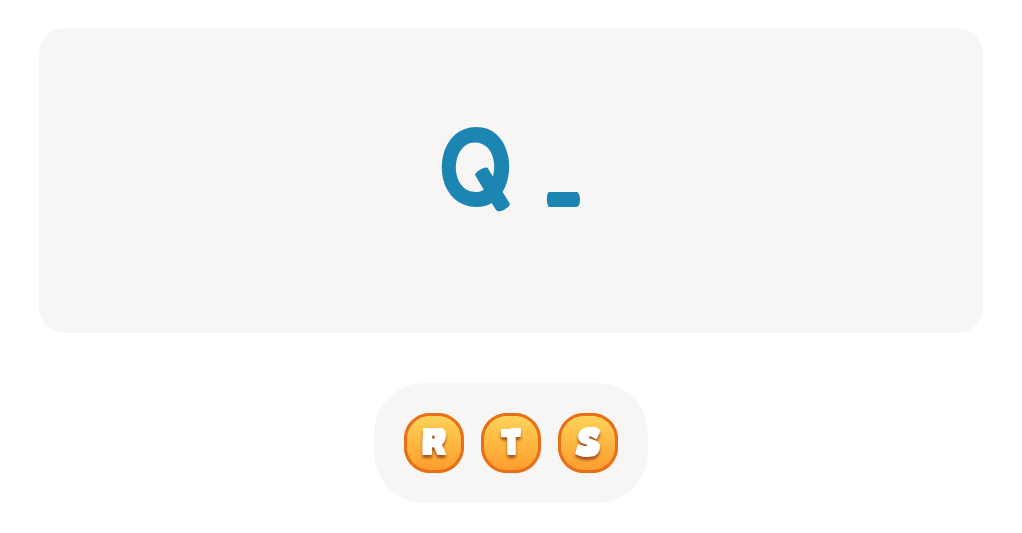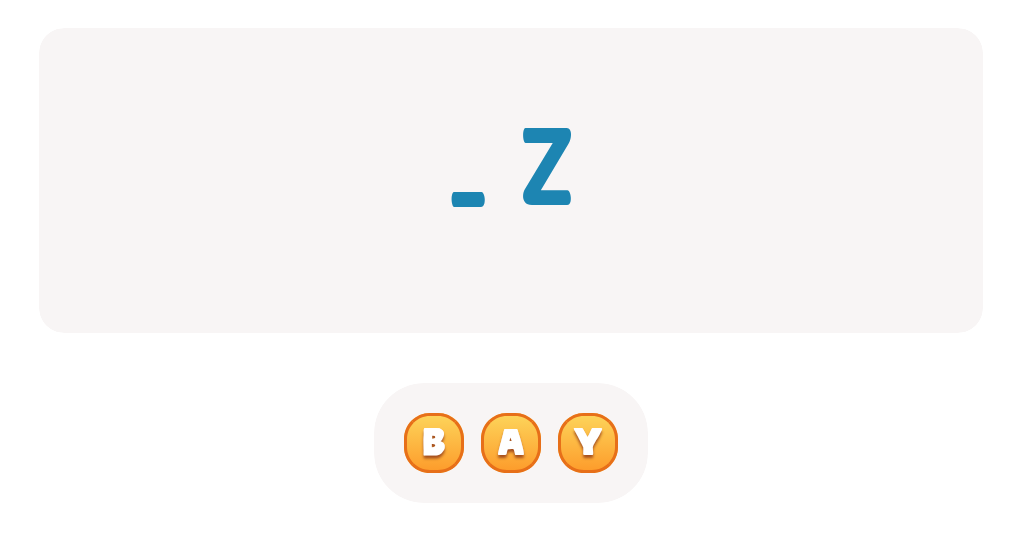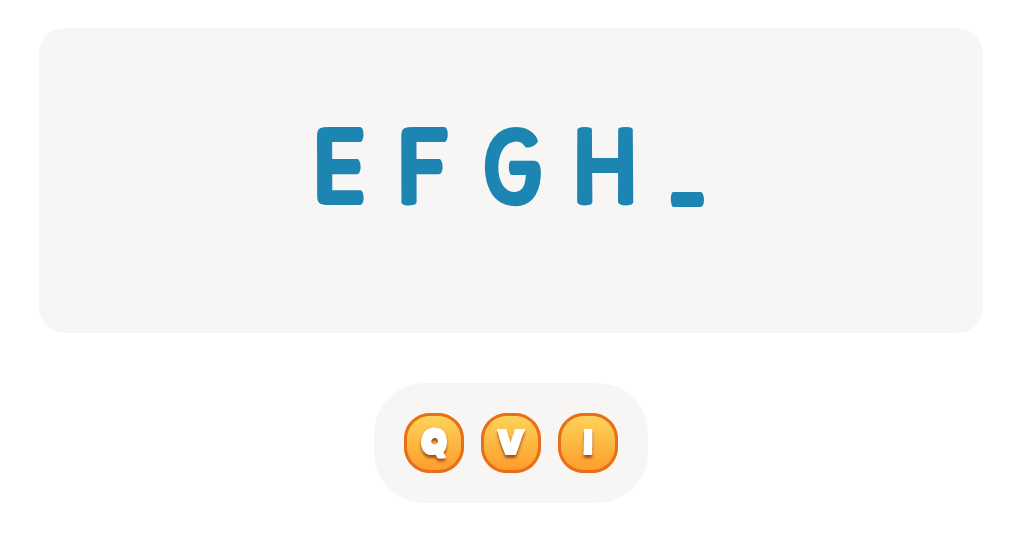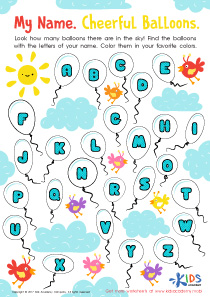Normal ABC Order Worksheets for Ages 3-6
16 filtered results
-
From - To
Looking to enhance your child's early literacy skills? Our "Normal ABC Order Worksheets for Ages 3-6" are the perfect solution! Designed to make learning fun and engaging, these worksheets help young learners master the alphabet by arranging letters in order. Each activity provides hands-on practice to strengthen their understanding of alphabetical sequence, improve fine motor skills, and boost confidence in early reading abilities. Ideal for preschoolers and kindergarteners, our worksheets offer a diverse range of exercises that cater to different learning styles. Watch your child progress as they explore the world of letters with these enjoyable, educational tools!
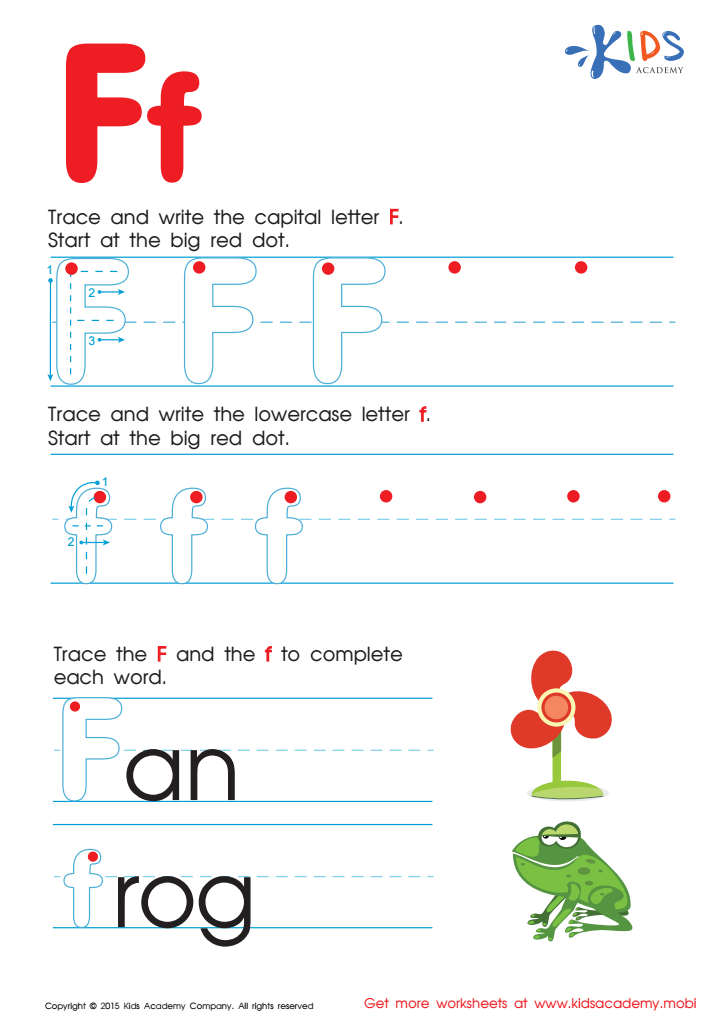

Letter F Tracing Page
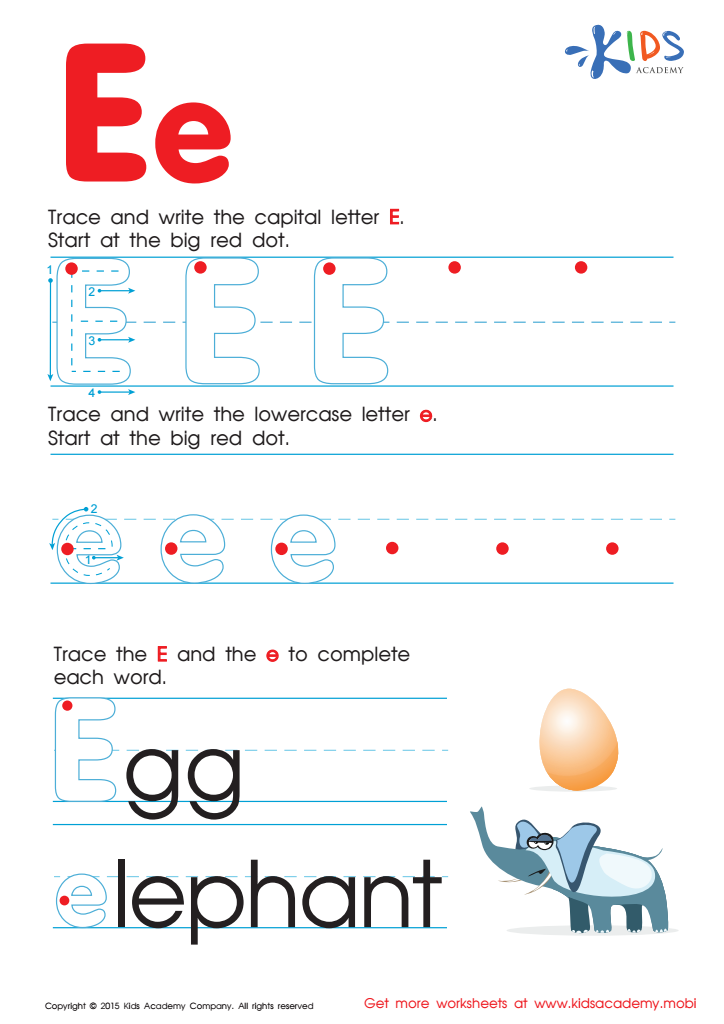

Letter E Tracing Page
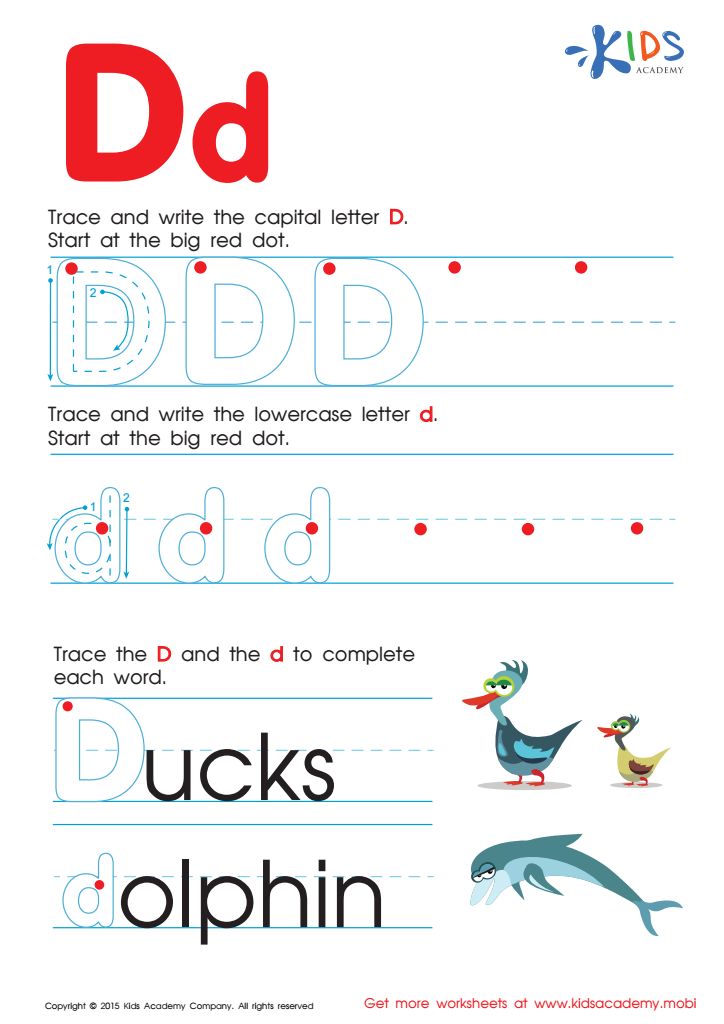

Letter D Tracing Page
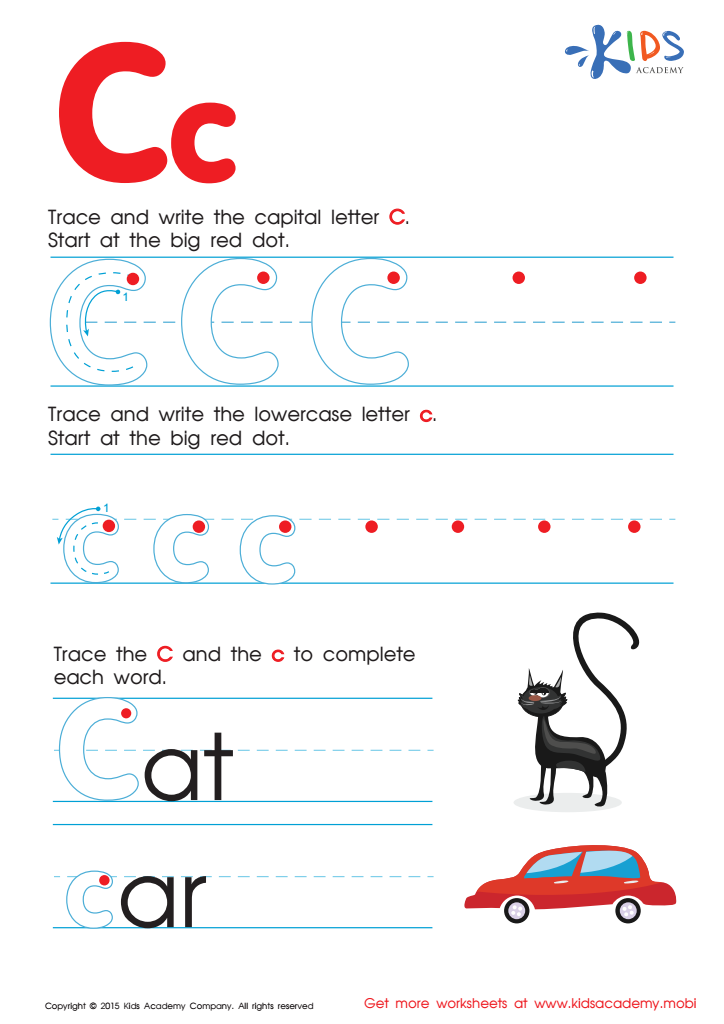

Letter C Tracing Page
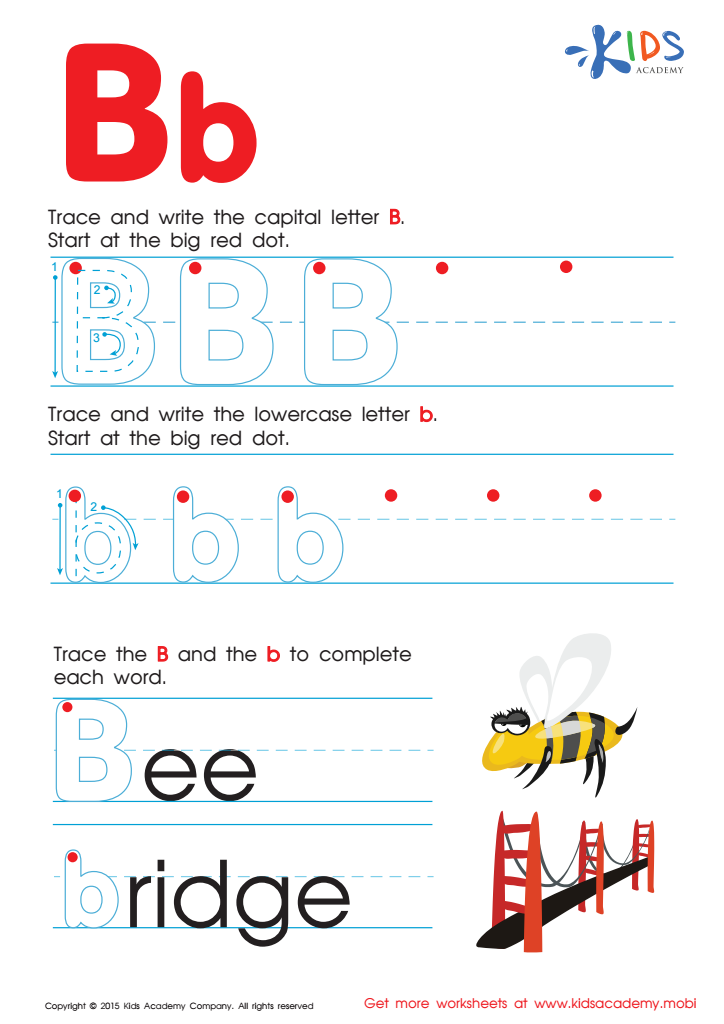

Letter B Tracing Page
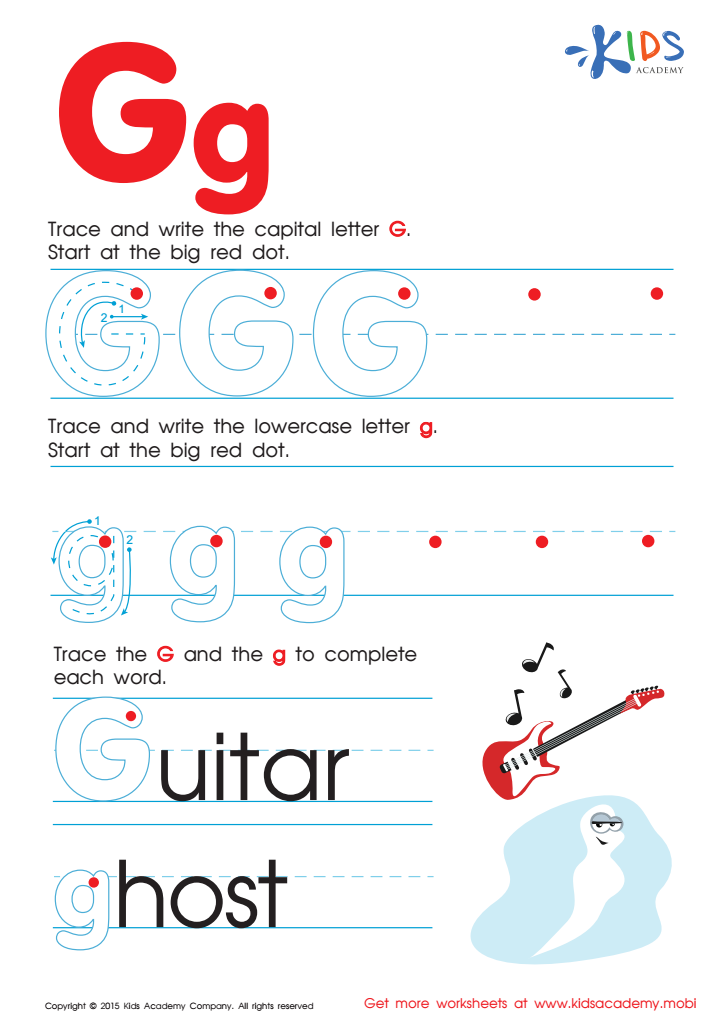

Letter G Tracing Page


Letter H Tracing Page
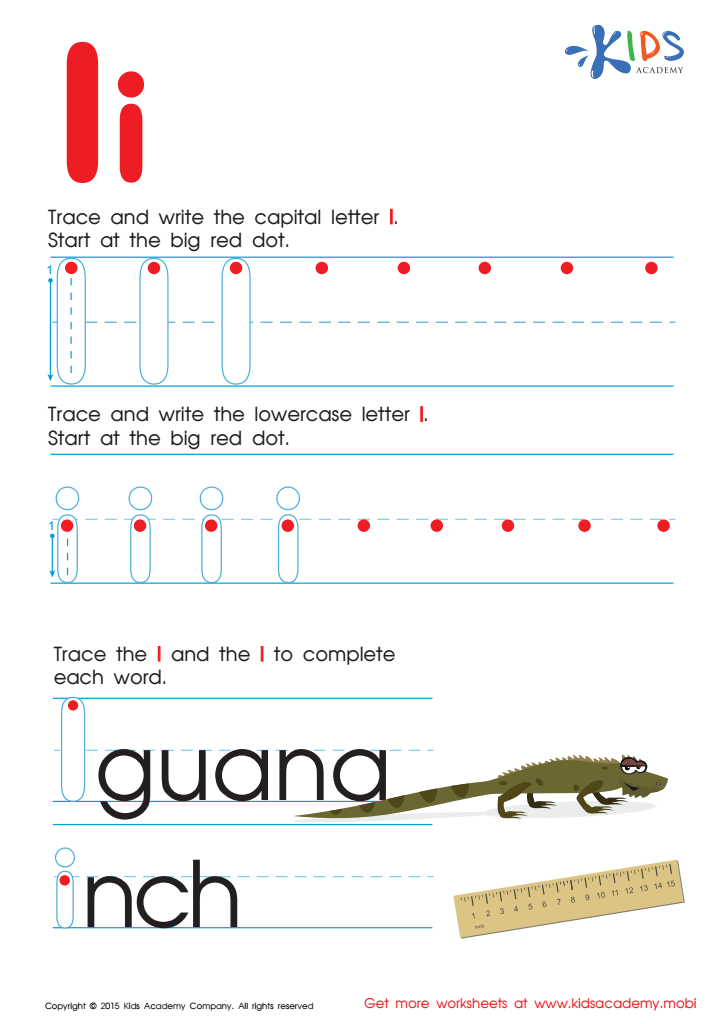

Letter I Tracing Page
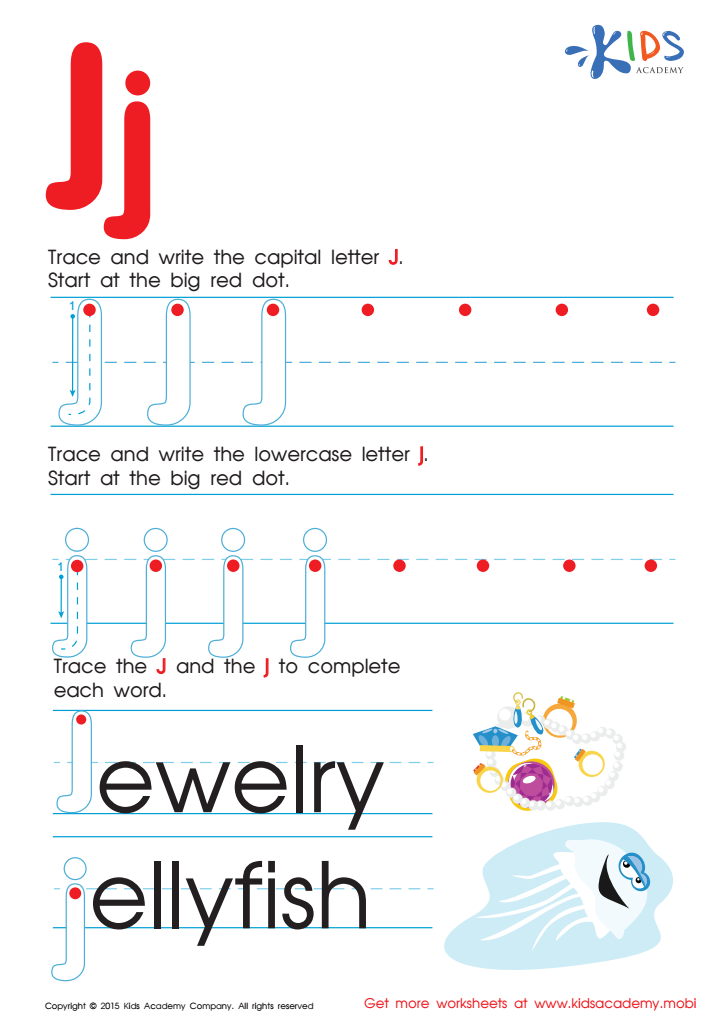

Letter J Tracing Page
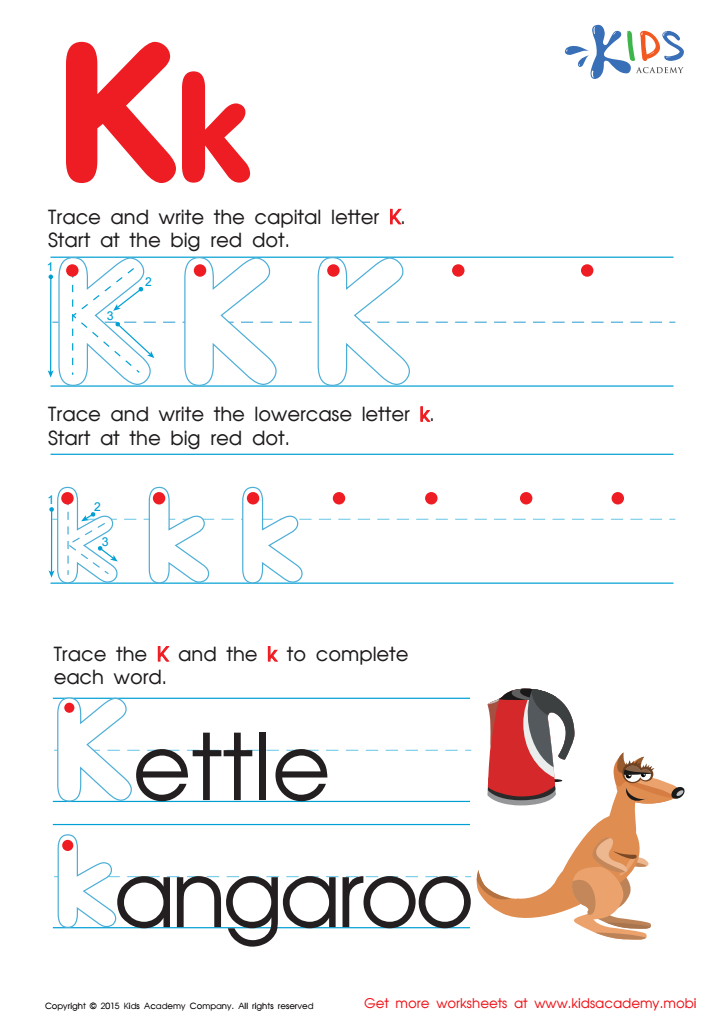

Letter K Tracing Page
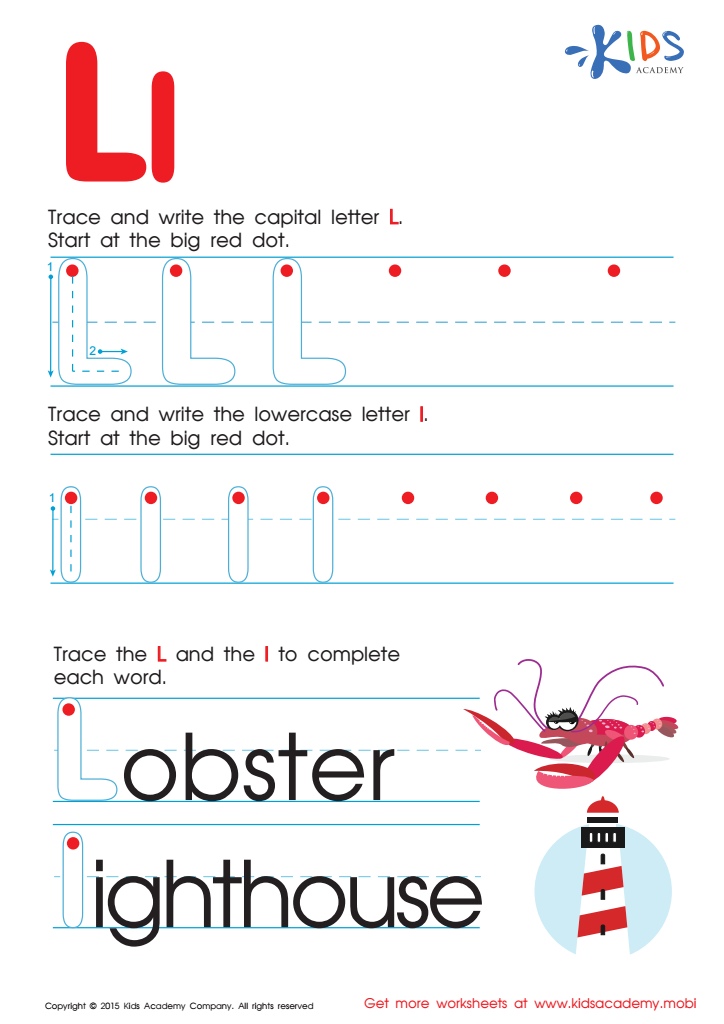

Letter L Tracing Page
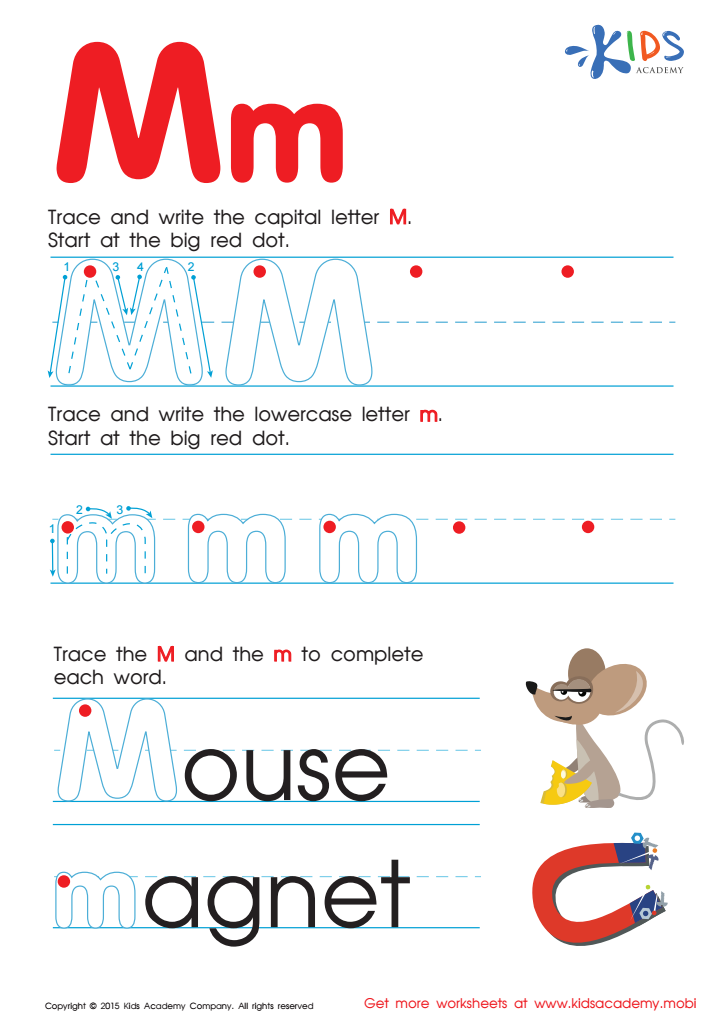

Letter M Tracing Page
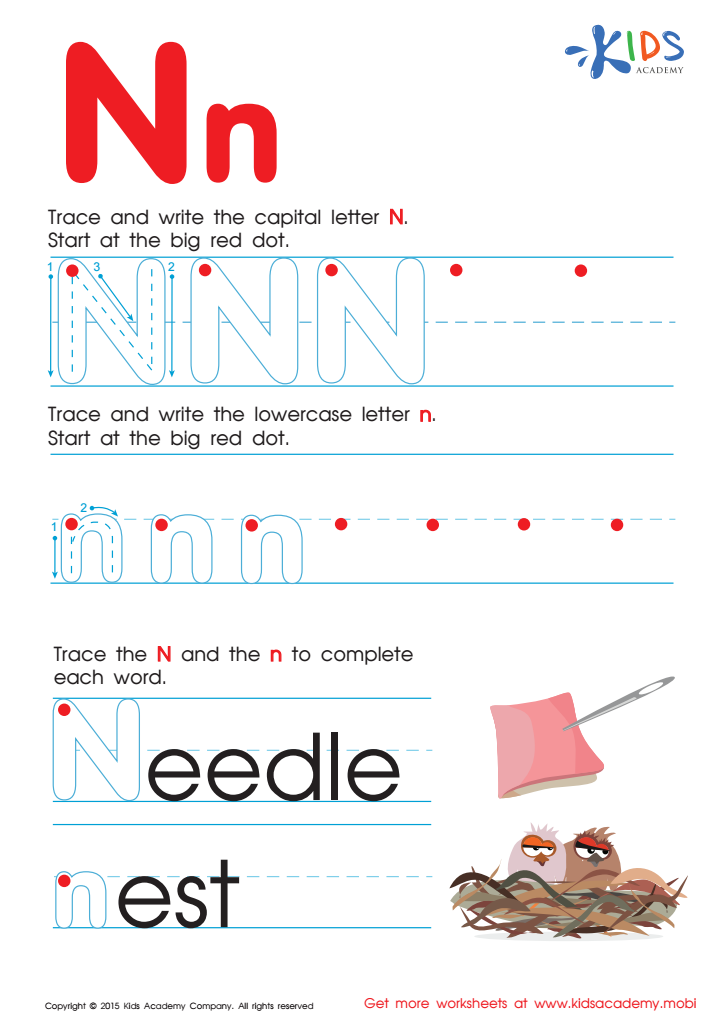

Letter N Tracing Page
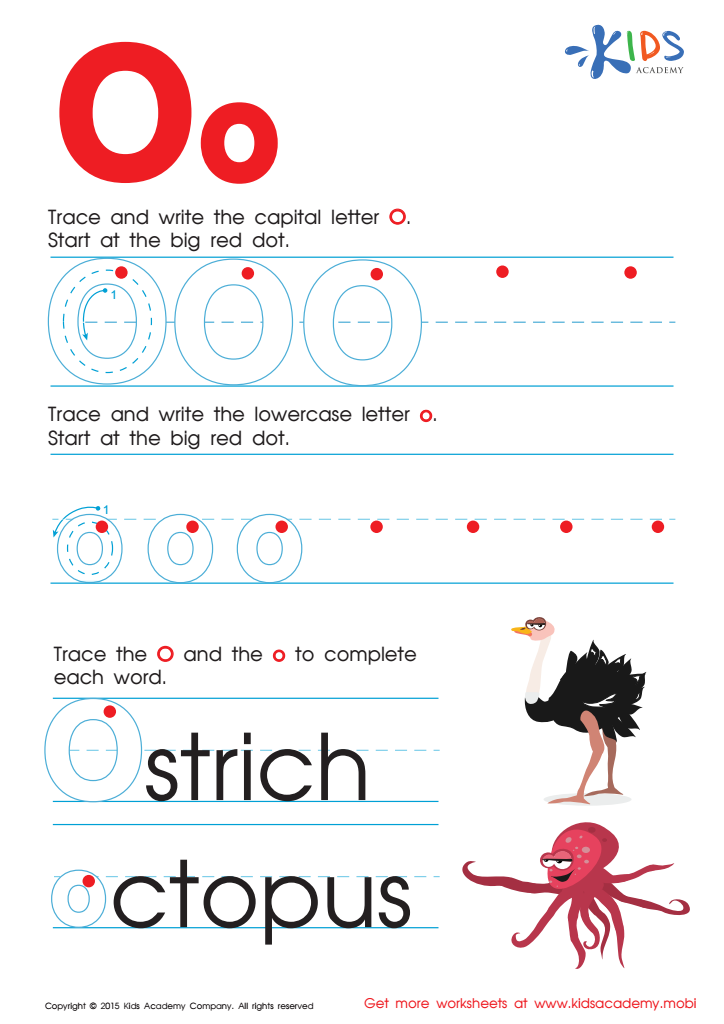

Letter O Tracing Page


Letter P Tracing Page
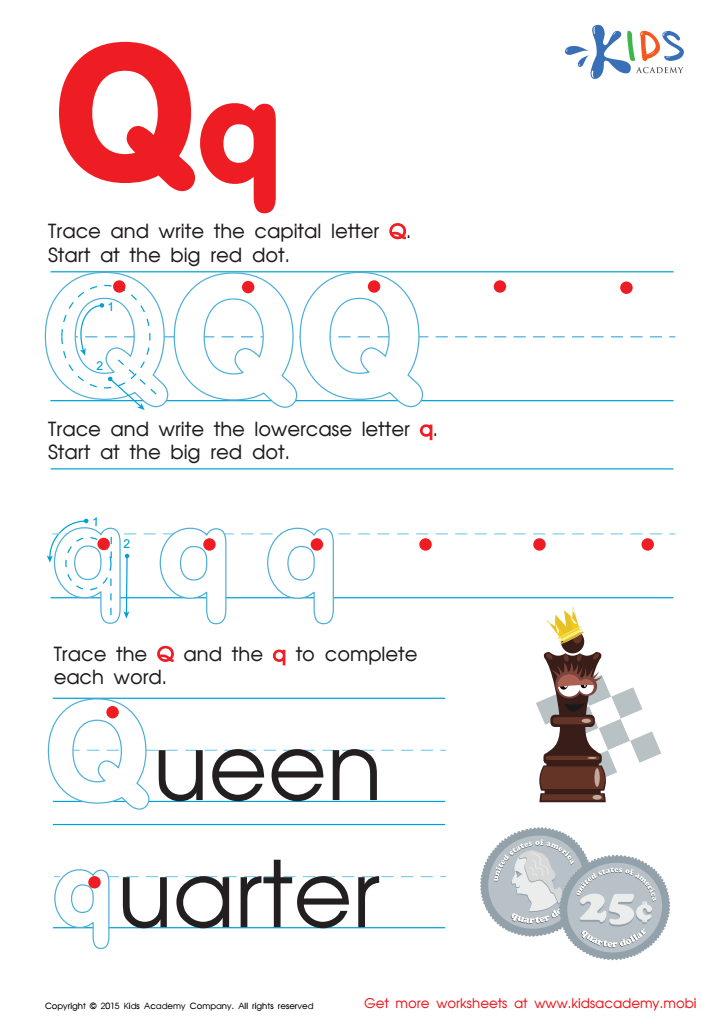

Letter Q Tracing Page
Teaching the Normal ABC Order to children aged 3-6 is crucial because it forms the foundational building block for literacy. During these formative years, children's brains are developing at a rapid pace, making it the prime time to introduce essential concepts. Knowing the alphabet in order assists kids not only in recognizing letters but also in understanding the organizational system underpinning written language.
Firstly, alphabet knowledge is a key predictor of reading success. When children know their ABCs, they are prepared to tackle words, ultimately making reading a less formidable task. Early familiarity with the sequence of letters aids in the development of phonemic awareness—a critical skill where children learn to associate letters with their respective sounds.
Secondly, alphabetical order facilitates various day-to-day learning activities. For instance, it enhances skills in sorting and categorizing, which are applicable in both scholastic and real-life scenarios, such as organizing books or locating items alphabetically.
Thirdly, it sets the stage for more complex literacy skills, including dictionary usage and alphabetical indexing, which are important as children progress to advanced educational levels.
In essence, teaching Normal ABC Order at this tender age isn't just about rote learning. It cultivates a structured way of thinking and paves the way for academic achievement, making it an essential part of early childhood education.

 Assign to My Students
Assign to My Students
